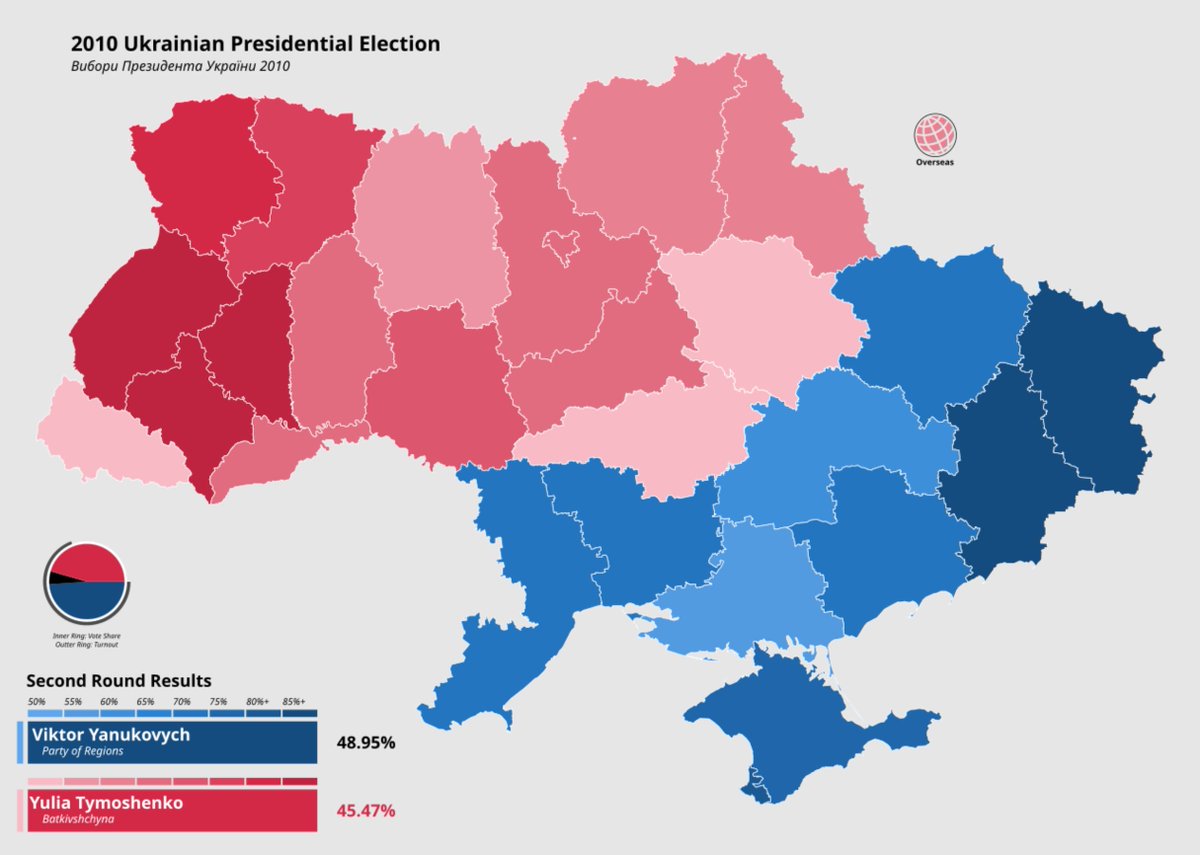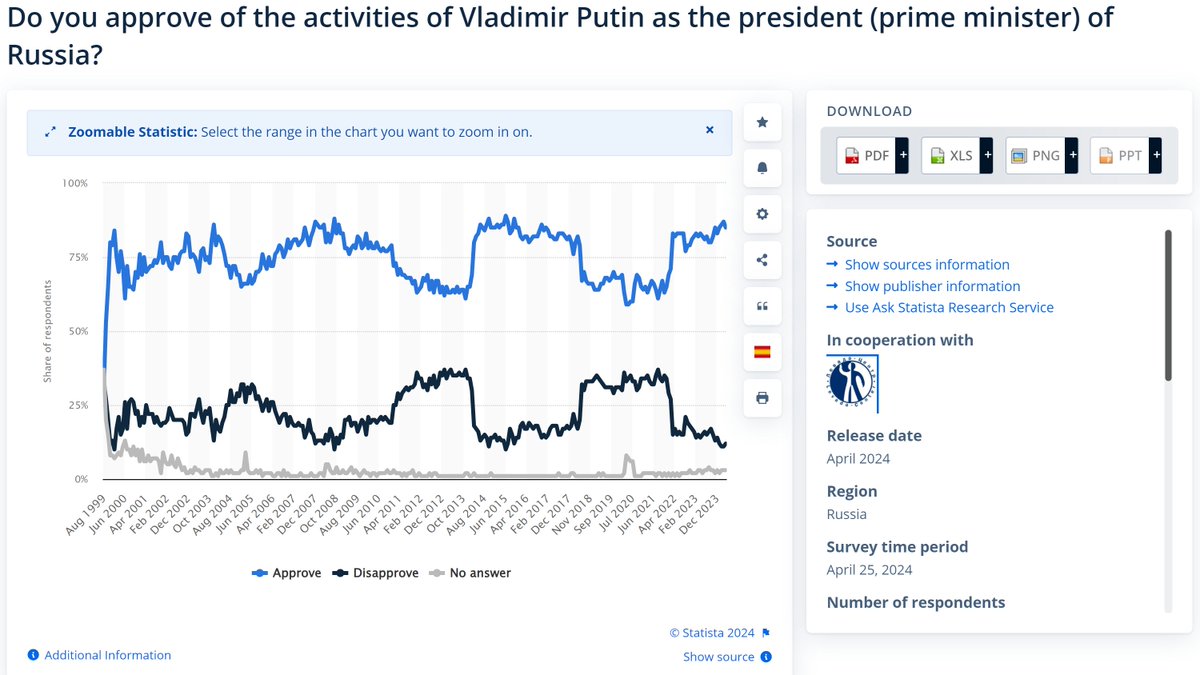Let's revisit a bad arms control decision and talk about the collapse of the Intermediate-range Nuclear Forces (INF) Treaty.⬇️
The INF treaty was prompted by the "destabilizing" effect of the proliferation of intermediate and medium-range cruise and ballistic missiles in Europe starting in the 1970s. To explain what those terms mean, exactly, these are missiles with ranges of between 500 and 5,500 kilometers. The thinking was that these systems - lighter and cheaper than intercontinental doomsday missiles while being almost as fast and hard to defend against - would allow one side or the other to devastate the other's military forces deployed within Europe in a surprise attack that could not be reasonably defended or hedged against. Thus, they incentivized exactly that course of action, at least to a certain kind of Cold War policy wonk.
Was this actually the case? Well, the United States and Soviet Union deployed substantial numbers of intermediate-range weapons to Europe in the late Cold War - Pershing I and II, Tomahawk GLCM, Pioneer and Oka - and nobody pulled the trigger, for what that's worth. But the arms control concern remained, and with the coming of Gorbachev, glasnost and perestroika the security situation thawed to the point that a push to ban these weapons found traction. The INF Treaty - a bilateral agreement between the United States and the Soviet Union - was ratified by both sides in 1988. It banned all ground-launched missiles with ranges between 500 and 5,500 km in both sides' respective arsenals - but not sea and air-launched weapons, which require far more involved and time-consuming deployment of launch platforms prior to firing.
The treaty collapsed a generation later for two reasons: (1) the United States adopted a highly confrontational policy in Eastern Europe against the Soviet Union's legal successor, the Russian Federation, focused on encouraging local satellite states to antagonize the bear; and (2) American war planners came to view the treaty limits as unreasonably constraining their plans to militarily confront the People's Republic of China - a nonparty with a huge force of intermediate-range missiles.
But AW, you say - didn't the US withdraw from the treaty citing Russian violations, specifically the deployment of Iskander-K cruise missiles?
Yeah the Russians did that in direct and proportional response to us developing AEGIS Ashore in the early 2010s and then building two large missile sites in Romania and then Poland. While largely intended to defend NATO states from a Russian missile attack (and thus encourage proxy antagonism towards Russia as part of a long-running policy that eventually came to fruition in Ukraine), a Tomahawk missile doesn't know whether it's loaded into a Mark 41 VLS tube on a missile destroyer at sea or one in a building in Romania. Ergo, AEGIS Ashore was a flagrant INF treaty violation - and you'll also notice that we never at any point made a serious offer* to allow the Russians inspection rights to assuage their concerns about this system which we swore up and down was totally intended to defend Europe from the Iranians.
The real reason for American heartburn with the INF Treaty, however, was Chinese. They weren't a party to the treaty and they have a huge force of intermediate-range missiles that menace US forces and allies in the Asia-Pacific region. The endless mid-2010s screaming emanating from the US Navy Institute about carrier-killing DF-21s comes to mind immediately. Well, the thinking at the time was that withdrawal from INF would allow us to threaten them right back with our own missiles based ashore in the First and Second Island Chains. So we withdrew, blamed it on the Russians, and set to work on a fancy new set of long-range missiles to fight the Chinese with.
There were, however, two small problems with this course of action.
First, none of these new missiles worked. The Competency Crisis hit American rocket science perhaps the hardest of any discipline, and the crop of fancy new hypersonics that the Pentagon war planners thought they'd have by now never materialized. American deployment of less demanding systems has been glacial. For our withdrawal from the INF treaty, in 2024 the United States temporarily deployed a single VLS battery with a total throw weight of sixteen ground-launched Tomahawk missiles to the Philippines - a handful more than the missile payload of a single attack submarine or half of those habitually carried by missile destroyers. At the moment there are two (2) of these "Typhon" batteries in existence. I'm sure Xi Jinping is terrified.
Second, the Russians immediately set to work developing systems far scarier than Iskander-K, and by all indications their stuff works quite well. And "Oreshnik" is the system we know about, God knows what else they're cooking up.
* The US made a nonserious offer a few weeks prior to the start of the Ukrainian War as part of the diplomatic stonewalling that led directly to the current conflict.



The INF treaty was prompted by the "destabilizing" effect of the proliferation of intermediate and medium-range cruise and ballistic missiles in Europe starting in the 1970s. To explain what those terms mean, exactly, these are missiles with ranges of between 500 and 5,500 kilometers. The thinking was that these systems - lighter and cheaper than intercontinental doomsday missiles while being almost as fast and hard to defend against - would allow one side or the other to devastate the other's military forces deployed within Europe in a surprise attack that could not be reasonably defended or hedged against. Thus, they incentivized exactly that course of action, at least to a certain kind of Cold War policy wonk.
Was this actually the case? Well, the United States and Soviet Union deployed substantial numbers of intermediate-range weapons to Europe in the late Cold War - Pershing I and II, Tomahawk GLCM, Pioneer and Oka - and nobody pulled the trigger, for what that's worth. But the arms control concern remained, and with the coming of Gorbachev, glasnost and perestroika the security situation thawed to the point that a push to ban these weapons found traction. The INF Treaty - a bilateral agreement between the United States and the Soviet Union - was ratified by both sides in 1988. It banned all ground-launched missiles with ranges between 500 and 5,500 km in both sides' respective arsenals - but not sea and air-launched weapons, which require far more involved and time-consuming deployment of launch platforms prior to firing.
The treaty collapsed a generation later for two reasons: (1) the United States adopted a highly confrontational policy in Eastern Europe against the Soviet Union's legal successor, the Russian Federation, focused on encouraging local satellite states to antagonize the bear; and (2) American war planners came to view the treaty limits as unreasonably constraining their plans to militarily confront the People's Republic of China - a nonparty with a huge force of intermediate-range missiles.
But AW, you say - didn't the US withdraw from the treaty citing Russian violations, specifically the deployment of Iskander-K cruise missiles?
Yeah the Russians did that in direct and proportional response to us developing AEGIS Ashore in the early 2010s and then building two large missile sites in Romania and then Poland. While largely intended to defend NATO states from a Russian missile attack (and thus encourage proxy antagonism towards Russia as part of a long-running policy that eventually came to fruition in Ukraine), a Tomahawk missile doesn't know whether it's loaded into a Mark 41 VLS tube on a missile destroyer at sea or one in a building in Romania. Ergo, AEGIS Ashore was a flagrant INF treaty violation - and you'll also notice that we never at any point made a serious offer* to allow the Russians inspection rights to assuage their concerns about this system which we swore up and down was totally intended to defend Europe from the Iranians.
The real reason for American heartburn with the INF Treaty, however, was Chinese. They weren't a party to the treaty and they have a huge force of intermediate-range missiles that menace US forces and allies in the Asia-Pacific region. The endless mid-2010s screaming emanating from the US Navy Institute about carrier-killing DF-21s comes to mind immediately. Well, the thinking at the time was that withdrawal from INF would allow us to threaten them right back with our own missiles based ashore in the First and Second Island Chains. So we withdrew, blamed it on the Russians, and set to work on a fancy new set of long-range missiles to fight the Chinese with.
There were, however, two small problems with this course of action.
First, none of these new missiles worked. The Competency Crisis hit American rocket science perhaps the hardest of any discipline, and the crop of fancy new hypersonics that the Pentagon war planners thought they'd have by now never materialized. American deployment of less demanding systems has been glacial. For our withdrawal from the INF treaty, in 2024 the United States temporarily deployed a single VLS battery with a total throw weight of sixteen ground-launched Tomahawk missiles to the Philippines - a handful more than the missile payload of a single attack submarine or half of those habitually carried by missile destroyers. At the moment there are two (2) of these "Typhon" batteries in existence. I'm sure Xi Jinping is terrified.
Second, the Russians immediately set to work developing systems far scarier than Iskander-K, and by all indications their stuff works quite well. And "Oreshnik" is the system we know about, God knows what else they're cooking up.
* The US made a nonserious offer a few weeks prior to the start of the Ukrainian War as part of the diplomatic stonewalling that led directly to the current conflict.
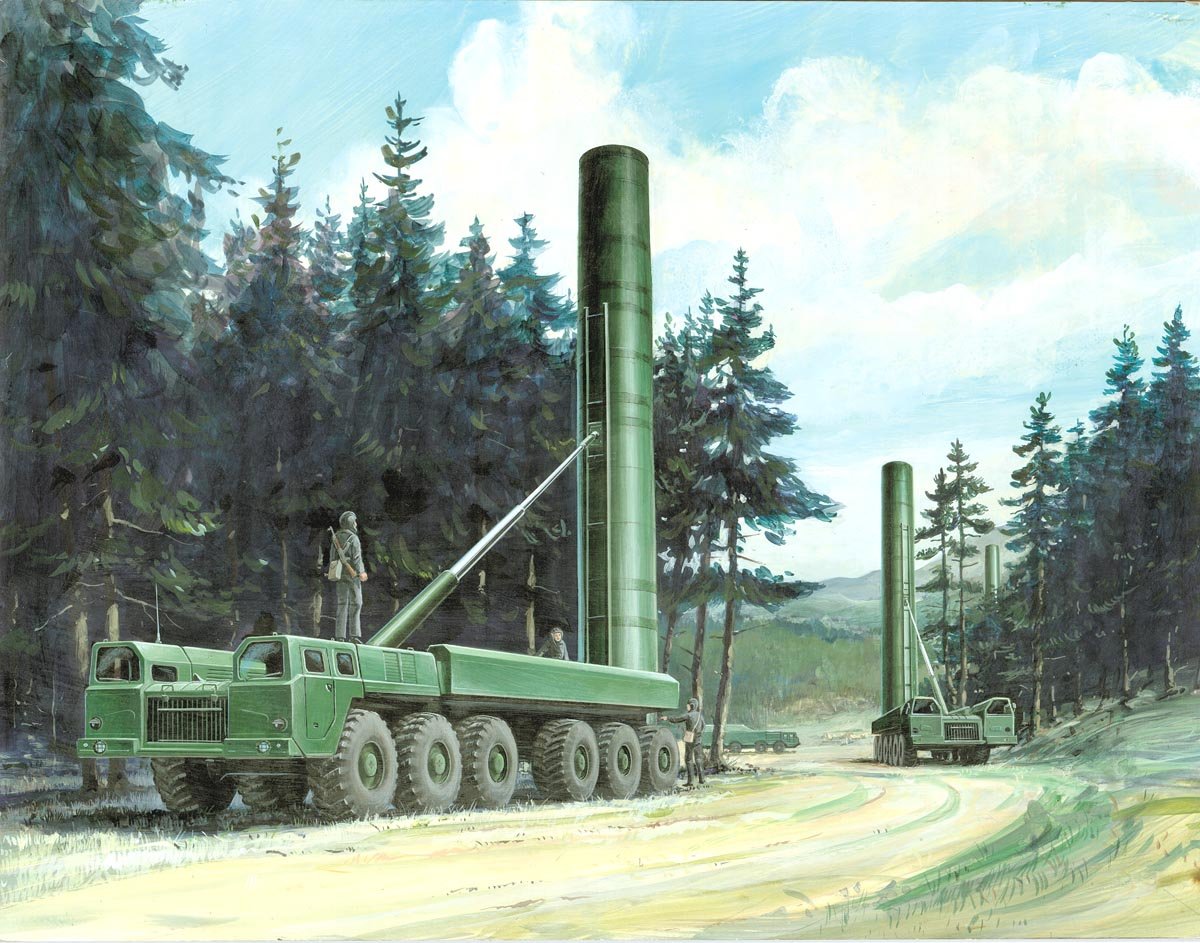
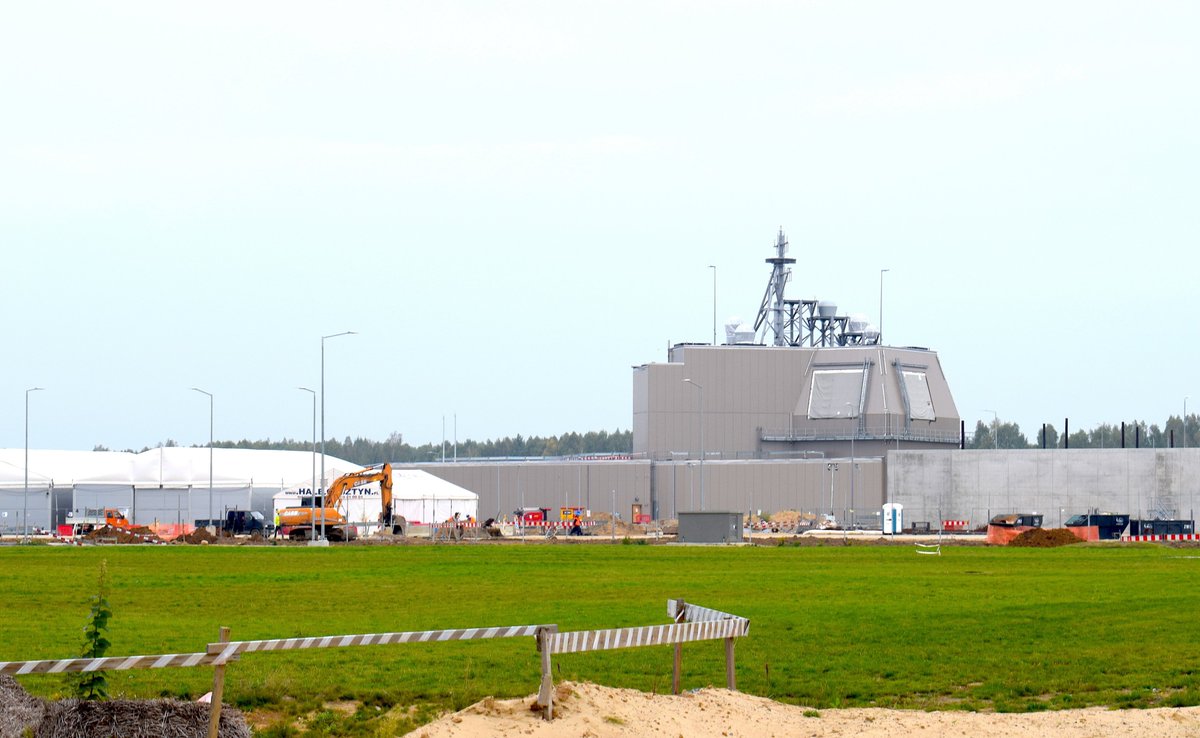
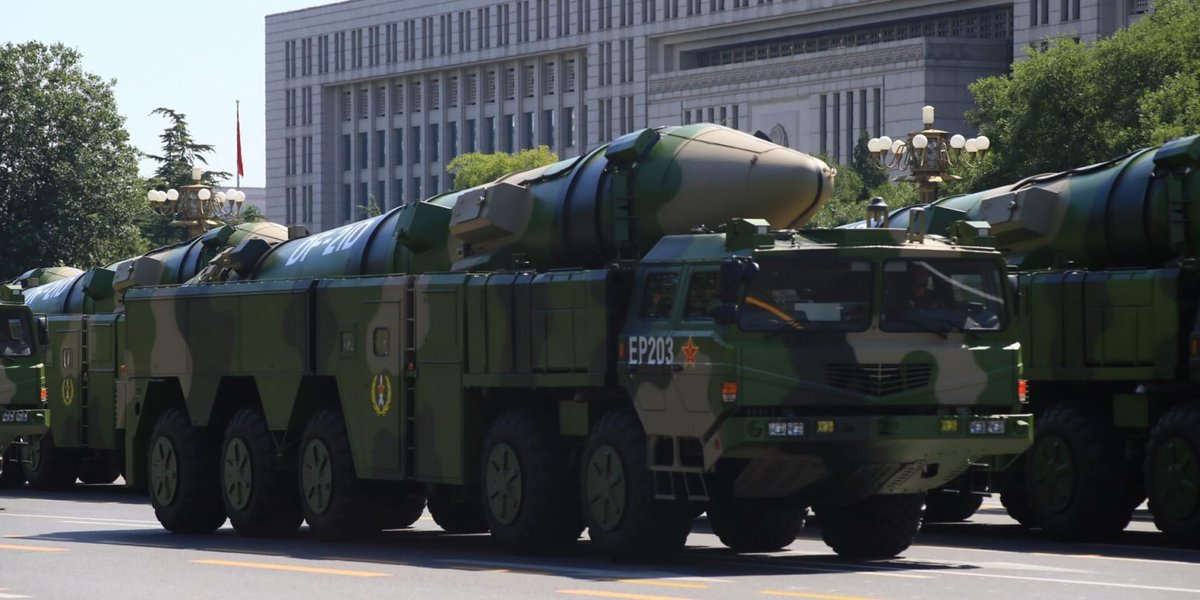

• • •
Missing some Tweet in this thread? You can try to
force a refresh













